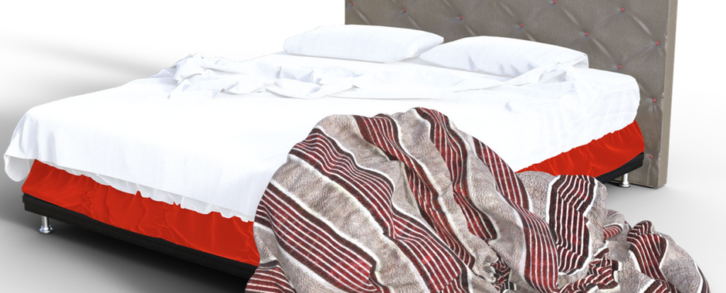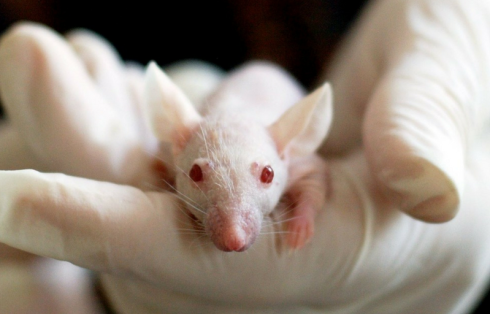Is There a Link Between Sleep Apnea and Cognitive Impairment?
By Meredith Kimple
How many times do we get teased for a little snoring at night?
While all snoring has the potential to annoy those around us, some snoring might be indicative of sleep apnea. This chronic, but treatable, condition impairs an individual’s ability to breathe regularly while asleep, either via an obstruction in the upper airway (obstructive sleep apnea) or as a result of the brain failing to trigger a breath (central sleep apnea).
Despite sleep apnea’s presence across all age groups, it is especially prevalent among seniors. As we age, our throat muscles and tissue are more relaxed, so that when we sleep our airway can become obstructed; being overweight can also increase our risk of developing the condition. At best, sleep apnea’s effects on the senior body are limited to daytime sleepiness and an increased difficulty concentrating. At worst, the body’s inability to breathe while sleeping can be fatal.
But there may be another risk for seniors who have sleep apnea.
Two studies have linked sleep apnea with early onset cognitive impairment in the elderly. The Journal of the American Medical Association published a study that observed the relationship between sleep apnea and cognitive impairment in approximately 300 healthy, elderly women over a span of five years. None of these women had any memory problems prior to the start of the study, but a third suffered from sleep apnea, averaging 15 instances of breathlessness per hour. At the end of the study, more than a third of the women had developed dementia or were experiencing memory troubles. The participants who had sleep apnea made up 44 percent of the women who developed cognitive impairments, while those who did not made up only 31 percent.
The researchers concluded that, even considering other factors like weight and age, sleep apnea had the greatest impact on the results of the study. The connection between the two conditions has to do with the blood oxygen levels of each participant; the episodes of breathlessness caused by sleep apnea cut off the oxygen supply to the brain, which, when occurring multiple times an hour over many years, can impair a senior’s cognitive function. Those participants who had low blood oxygen levels because of sleep apnea were more likely to develop dementia.
Another study published in Neurology shows evidence that the breathing disruptions of sleep apnea can have a massive impact on seniors’ cognitive health. Dr. Ricardo Osorio, of NYU’s Center for Brain Health, and his colleagues observed a group of 2,000 individuals aged 55 to 75, ranging from those who were cognitively normal to those who had Alzheimer’s disease. The participants were questioned about their snoring and sleep apnea, and then bi-annually over the next two to three years, they returned to monitor any cognitive changes.
The majority of participants who reported having sleep apnea developed mild cognitive impairments, and more astonishingly, their symptoms emerged 12 years earlier than in those who don’t suffer from respiratory disruptions at night. Dr. Osorio noted that those who were treating their sleep apnea with a CPAP machine seemed to experience cognitive decline at around the same age as those who do not have the condition.
It goes without saying that more research is needed to cement the link between sleep apnea and impaired cognitive function, but given the positive correlation evident in the aforementioned studies, recognizing and treating the condition as soon as possible can’t be a bad idea.
If you or a senior loved one snores at night, how can you determine whether or not it really is sleep apnea?
The following are some of the more common symptoms:
- Loud snoring, particularly when lying on their back
- A long pause in breathing, anywhere from a few seconds to over a minute, followed by choking or gasping
- Daytime grogginess
- Difficulty concentrating and remembering
- Waking up with a headache and / or dry mouth
- Sharp mood swings and heightened irritability
But the only way to know for sure is to have a sleep study done at a hospital or clinic. That said, you could always monitor an older loved one by recording their snoring at night; this way you can listen for any irregular breathing.
Once your loved one has been diagnosed with sleep apnea, there are a variety of treatments by which to manage it. The most common method is to use a CPAP machine, a mask connected to an apparatus that helps maintain regular breathing throughout the night. Wearing a mask may be uncomfortable or difficult to put on at first, but it’s important to help them with these adjustments to ensure that they receive the treatment they need.
If you do notice the above signs in an older loved one, it’s very important that you talk with them. Those who have sleep apnea often are totally unaware that they snore and stop breathing while they’re asleep, so it’s crucial that you inform them and encourage them to talk to their physician. Sleep apnea may have a significant impact on seniors’ cognitive functioning and overall health, but luckily it’s easily treated.



